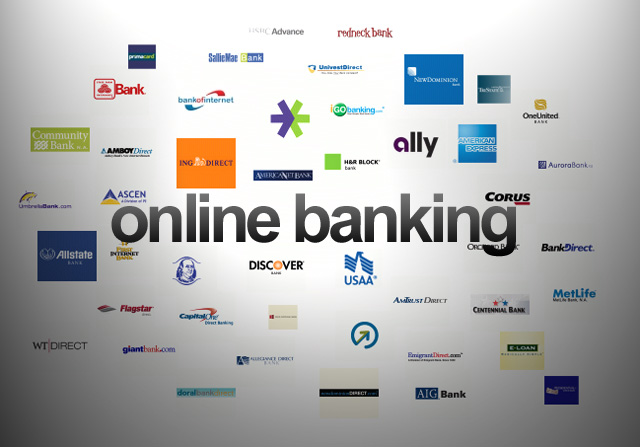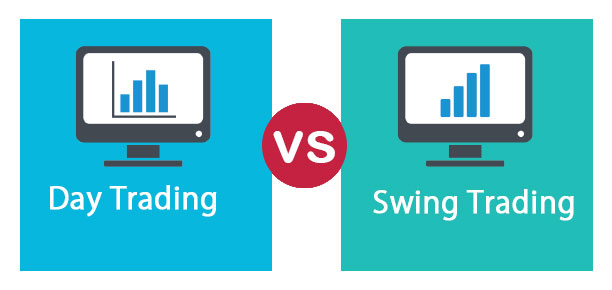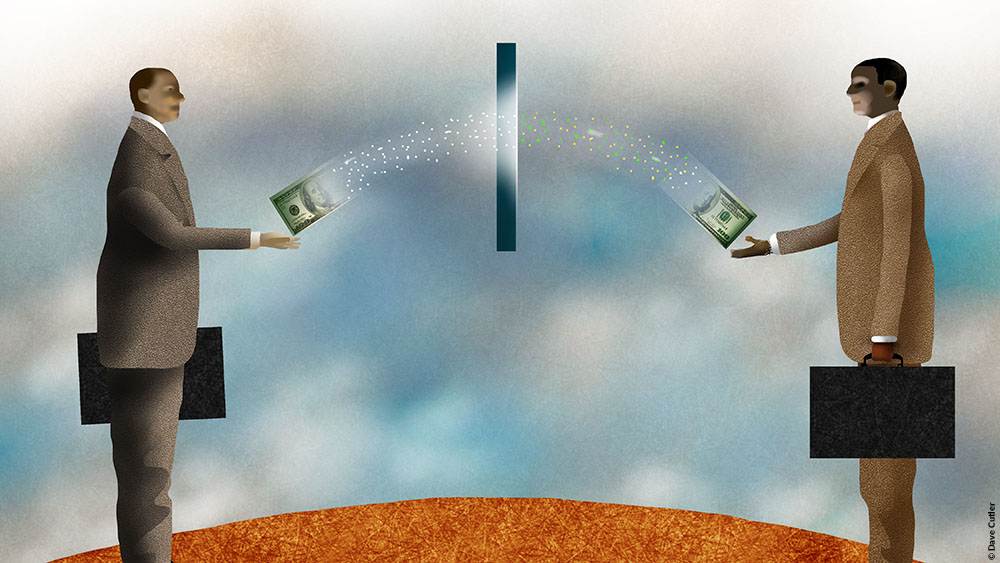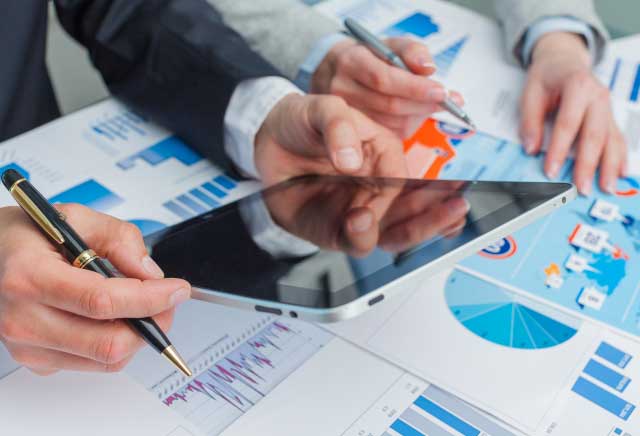The face of modern day banking has changed dramatically and today millions of people across the world are engaged in online banking. Online banking allows clients to have access to their personal accounts without the need to make trips down to their nearest bank. It also allows clients the freedom to work and purchase commodities in the comfort of their homes and better still, you can buy things almost anywhere and any time.
You no longer need to be bothered by standing in long queues nor worried about getting to the bank before it closes. With online banking, you are free to do all your banking at the click of a button.
Despite all the positive strides made towards online banking, the question of just how safe online banking is still rings in the heads of some people. So we are going to try answer this question as best as we can below.
How can I tell if my online banking account is secure?
Security is the most important aspect when ensuring that your online banking is an enjoyable experience. Each time you decide to log into your online banking account, you must make sure the following regulations are observed:
- Always log into your account via the bank’s web address
Use your bank’s URL address and go to the bank’s landing page and sign in via the portal the bank’s page provides. Logging in from other pages may allow those pages to store your personal information without your knowledge.
The most popular way in which online cyber thieves attack your online account is by redirecting you away from the bank’s actual page and allowing you to log in via a different using spam emails and links. The thieves will send you emails asking you to change your account information via email or will try to persuade you to make an online purchase that will need you to enter your personal details. Be wary and cautious of any pages and links that are not your bank’s official page that ask you to enter sensitive information.
- Ensure that you are signing into the correct page
Your bank’s web page when signing in should be secure. Normally your bank’s page encrypts your information so that you can be sure that the page you are operating on is secure. An encrypted and secure page will have a small lock on the window in which you are signing in your details.
Another help tip you can use to verify the security of the page is to check that the URL begins with https:// and not simply http://
If these two simple security checks are absent then do not proceed with entering your account passwords and other details, simply exit from that page.
Privacy & Caution
Inasmuch as online banking simplifies your life, it is still a banking process that requires you to be careful about all your details just as you would for a traditional banking experience.
Logging Sessions
You obviously shouldn’t leave your computer logged into your banking sessions. Thank fully most banks provide a session timeout after you have been inactive after a few seconds. If you are using a personal computer you can also opt to change the amount of time it takes before the timeout session kicks into play. But it is always encourage to log out after every session.
Choosing passwords
Passwords that are easy to guess such as pet names, children’s names, spousal names, birth dates should be avoided. If you do use them then make sure you have included capital letters and numbers to mix up the password. Never have a password that is simply all letters or all numbers or all capital letters or all lower case letters. A strong password is one that has a combination of all the above for example.
Weak password: jane
Strong password: jAne2015WooDsworths
NB Your bank will never ask you to confirm your sensitive information via email. In case you do receive such a request quickly notify your bank and change your password if you think there might be a security breach or potential threat or attack on your account
Network Connections
Online banking can be carried out on a number of devices from your smartphone, tablet, PC to your laptop. Because of the convenience and easy access to the internet it is easy to forget just how vulnerable these networks can be.
The best place to log in and do all your online transactions is probably at home via your home connection. In this manner the chances of anyone unwanted getting access to your computer are reduced compared to people who might access your work computer.
Logging in from work may pose the challenge that the computers used at work may have key loggers that can retain your keystrokes which if accessed by someone with ill intent can gain access to your sensitive information.
WIFI connections
WIFI connections are not secure because the information being exchanged back and forth can be intercepted and read by those who are within range. If you intend to use a WIFI connection to access you online bank account then ensure that the connection is secured via the WPA.
Conclusion
Online banking has now become an integral part of the banking experience with banks pushing clients to use this service because it allows more users to use the bank’s services anytime and anywhere. Online banking isn’t going anywhere in the future, it is here to stay.
Incoming Searches for why online banking is safe:-
why online banking is safe
online banking is safe or not
online banking safety tips
safe online banking
how safe is online banking
online banking safe
online banking safety measures













